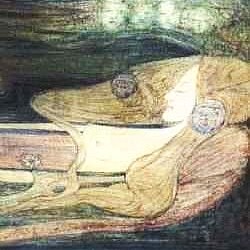
We have been listening to German songs for fourteen weeks; it's time to change! This week we're listening to a French song, a mélodie by Ernest Chausson, Chanson perpétuelle, the last work he finished: it was premiered on January 1899 and in June of that year the composer died in an accident at 44.
Chanson perpétuelle is deeply sad, as most of Chausson's mélodies; he used to choose elegiac poems, especially for his last songs (as, for example, Le temps des Lilas, composed a couple of years [...]
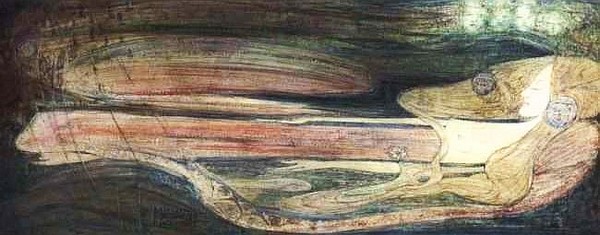
We have been listening to German songs for fourteen weeks; it's time to change! This week we're listening to a French song, a mélodie by Ernest Chausson, Chanson perpétuelle, the last work he finished: it was premiered on January 1899 and in June of that year the composer died in an accident at 44.
Chanson perpétuelle is deeply sad, as most of Chausson's mélodies; he used to choose elegiac poems, especially for his last songs (as, for example, Le temps des lilas, composed a couple of years earlier). For our work, he chose Nocturne, the no. 3 of Chansons perpétuelles by Charles Cros, a series included in the collection Le coffret de santal, published in 1873; Chausson named the song after the poem series, perhaps because he had already composed a mélodie called Nocturne.
Admired by Verlaine and Rimbaud, Cros was also an inventor, and this is the area of his curriculum that attracts me the most (I can't help it, it's the engineer in me). Let's see: In 1867 he developed an important improvement for the telegraph; In 1869, a method for colour photography, a precedent of the current three-color process; In 1877, the same year that Edison made his first recording with the phonograph, he developed a method for recording sound, the paléophone. He also devised a project that was impossible to execute, something that we've found recreated in science fiction movies: he wanted to build a huge mirror that would help to set communication with intelligent life on other planets. Love it.
Between inventions, and between classes, because he was a chemistry teacher for a while, Charles Cros had time to write poems like the one that Chausson musicalized, which tells us about a young woman abandoned by her lover; the only cure for her grief is death. Out of the sixteen tercets of Nocturne, the composer took twelve; among the four eliminated, there are three that I think it's worth considering here. One of them is the sixth tercet, after the verse "il est devenu mon amant" [he became my lover]; it's the most explicit about their relationship:
Et, bien qu'il me fût inconnu,
Je l'ai pressé sur mon sein nu
Quand dans ma chambre il est venu.
And although he was unknown to me,
I clasped him against my naked breast
when he came into my bedroom.
The other two tercets are the end of the poem, and they insist on the link between death and love:
Que mon dernier souffle, emporté
Dans les parfums du vent d'été,
Soit un soupir de volupté!
Qu'il vole, papillon charmé
Par l'attrait des roses de mai,
Sur les lèvres du bien-aimé !
May my final breath, borne away
among the scents of the summer wind
be a sign of sensual pleasure!
And may it fly, like a butterfly charmed
by the beautiful roses of May,
onto the lips of my beloved!
Chausson's mélodie is as sad as elegant; undoubtedly, it's a French song, but there's something that makes us think about a German song, like Duparc's; Both composers shared an admiration for Wagner. I would say that the best decision of the composer was the accompaniment, with piano and string quartet, which achieves a wonderful balance between delicacy, intensity and intimacy; something that, in my opinion, doesn't achieve the version for voice and orchestra; I think that the first one, which we're listening here, is more poignant.
We know about the deep grief of the woman in the first two stanzas, really slow, in a romantic atmosphere: a forest at night, the wind and the nightingales as messengers. After an interlude, the young girl tells her love story during the five next verses; Doesn't the story remind you that of Gretchen am Spinnrade? Don't you find a musical parallel between Schubert's phrase "Ach, sein Kuss" [ah, his kiss!] And Chausson's "Et me baisa près des cheveux" [and kissed my head close to my hair]? Ou young woman tells us what Gretchen doesn't, "il est devenu mon amant" [he became my lover], and we hear this confession as a fate, intensified by another verse, "je ne dormais bien qu'en ses bras" [I would sleep well only in his arms].
In the last five verses of the song, the girl tells how her death will be, and I think that the link with another literary character is clear: like Ophelia, she will drown. Our narrator makes a parallel between her last moments and her love story: the embrace of the reeds will be like that of her lover, and she will die lit up by the memories of the sweetest moments. At the last verses, the voice follows a crescendo until its very last syllable; then, the strings will decrease slowly until the final silence.
It is a long song, Chausson savours slowly Cros' verses; I hope you enjoy the performance I chose, that of mezzo-soprano Federica von Stade, accompanied by Charles Wadsworth (piano), Joe del Maria and Ani Kavafian (violin), Ida Kavafian (viola) and Laurence Lesser (violoncello).
Bois frissonnants, ciel étoilé,
Mon bien-aimé s'en est allé,
Emportant mon coeur désolé!
Vents, que vos plaintives rumeurs,
Que vos chants, rossignols charmeurs,
Aillent lui dire que je meurs !
Le premier soir qu'il vint ici
Mon âme fut à sa merci.
De fierté je n'eus plus souci.
Mes regards étaient pleins d'aveux.
Il me prit dans ses bras nerveux
Et me baisa près des cheveux.
J'en eus un grand frémissement;
Et puis, je ne sais plus comment
Il est devenu mon amant.
Je lui disais : "Tu m'aimeras
Aussi longtemps que tu pourras!"
Je ne dormais bien qu'en ses bras.
Mais lui, sentant son coeur éteint,
S'en est allé l'autre matin,
Sans moi, dans un pays lointain.
Puisque je n'ai plus mon ami,
Je mourrai dans l'étang, parmi
Les fleurs, sous le flot endormi.
Sur le bord arrêtée, au vent
Je dirai son nom, en rêvant
Que là je l'attendis souvent.
Et comme en un linceul doré,
Dans mes cheveux défaits, au gré
Du flot je m'abandonnerai.
Les bonheurs passés verseront
Leur douce lueur sur mon front;
Et les joncs verts m'enlaceront.
Et mon sein croira, frémissant
Sous l'enlacement caressant,
Subir l'étreinte de l'absent.
Quivering woods, starry sky,
my beloved has gone away
taking with him my desolate heart!
Winds, may your plaintive noises,
charming nightingales, may your songs
go to tell him I’m dying!
From the first evening he came here
my soul was at his mercy.
I no longer cared about pride.
My eyes kept telling him my thoughts.
He took me in his nervous arms
and kissed my head close to my hair.
That caused me a great trembling;
and then, I no longer know how,
he became my lover.
I kept saying: “You will love me
for as long as you are able!”
I would sleep well only in his arms.
But he, feeling his heart grown cold,
departed some mornings ago,
without me, for a distant land.
Since I have my lover no longer
I will die in the pond, among
the flowers, under the sleeping water.
Pausing on the edge, I will speak
his name to the wind, while dreaming
that I often awaited him there.
And as if in a golden shroud,
with my hair undone, I will let myself go
wherever the current takes me.
The happy times I have known will shed
their gentle light on my forehead;
and the green reeds will entwine me.
And my breast will believe,
as it trembles caressed and entwined,
that the absent one is embracing me.
Translation by Peter Low


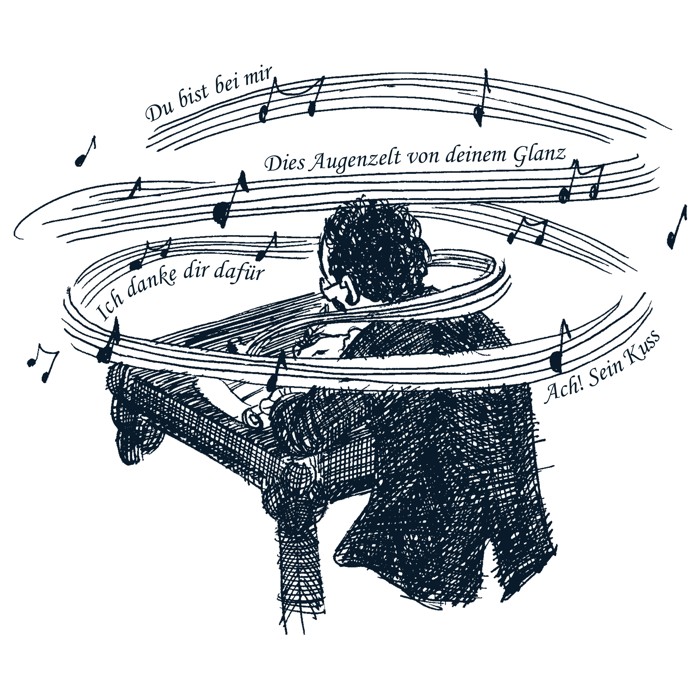
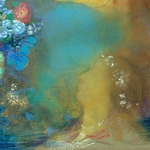 Let...
Let...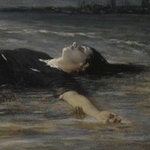 La...
La... I'm...
I'm...




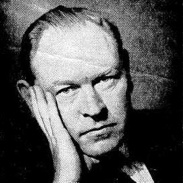

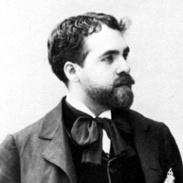
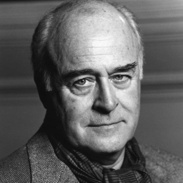







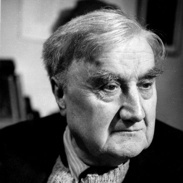
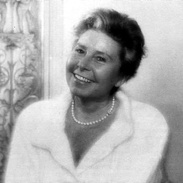


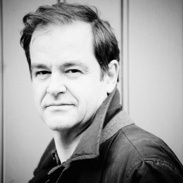

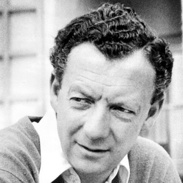


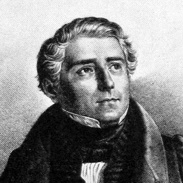

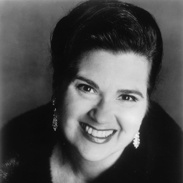
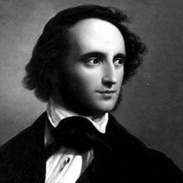
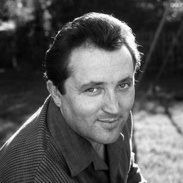
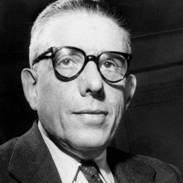
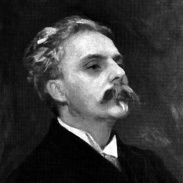
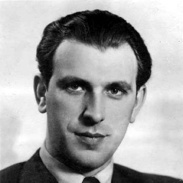
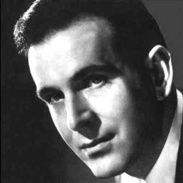
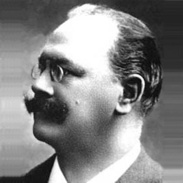
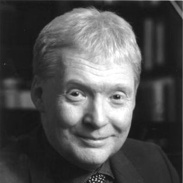
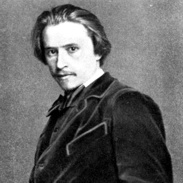
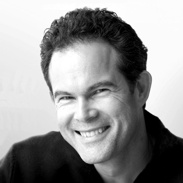

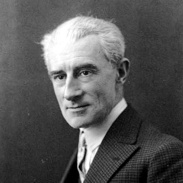

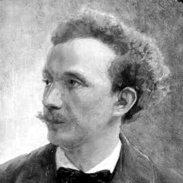
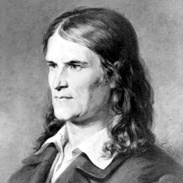


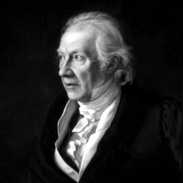






Comments powered by CComment